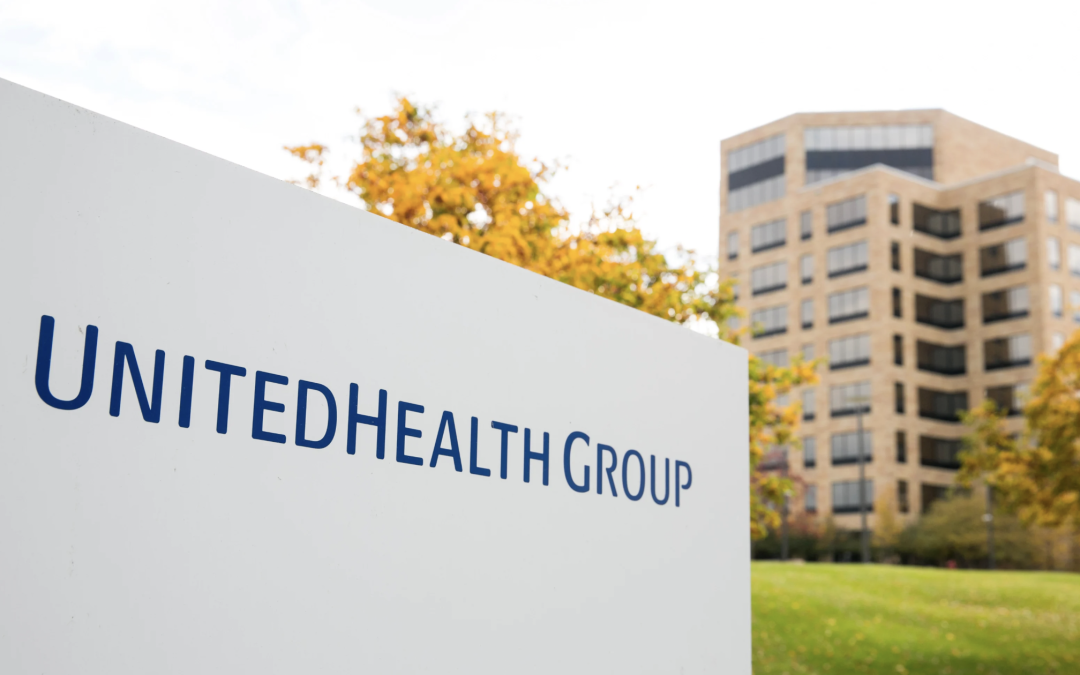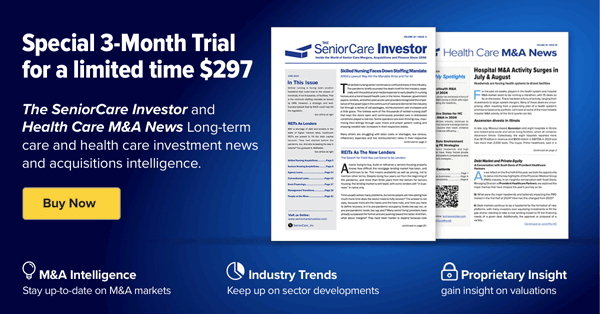UnitedHealth Group (NYSE: UNH) announced its financial results for the fourth quarter ended December 31, 2022. The company offers products through two business platforms: UnitedHealthcare, which provides healthcare coverage and benefits services; and Optum, a pharmacy benefit manager and health care provider.
UnitedHealth Group recorded double-digit percentage growth in revenue year over year across UnitedHealthcare and Optum, driven primarily by both lines of businesses expanding to provide more comprehensive care to a larger base of people across the U.S.
The Minnetonka, Minnesota-based company reported:
- A 12.3% increase in net revenue from $73.7 billion in Q4:21 to $82.8 billion in Q4:22.
- UnitedHealth Group’s 2022 revenue grew $36.6 billion or 13% year over year to $324.2 billion, with double digit growth at both Optum and UnitedHealthcare.
- FY and Q4 net earnings were $20.6 billion ($21.18 per share) and $4.9 billion ($5.03 per share), respectively.
- A 31.4% increase in EBITDA from $6.31 billion in Q4:21 to $8.29 billion in Q4:22.
- FY and Q4 adjusted net earnings were $22.19 and $5.34 per share, respectively.
- A 20% increase in FY operating earnings from $12 billion in 2021 to $14.4 billion in 2022.
- Cash flow from FY 2022 operations was $26.2 billion, or 1.3x net income.
- People served domestically by UnitedHealthcare grew by more than 1.2 million in 2022, led by the company’s community-based and senior offerings.
Here are key perspectives from UnitedHealth Group Management:
Optimistic Outlook of 2023:
- “We expect the efforts by the people of our company that led to strong performance in 2022 will define 2023 as well, especially delivering balanced growth enterprise-wide, improving support for consumers and care providers, and investing to make high-quality care simpler, more accessible and affordable for everyone,” said Andrew Witty, CEO of UnitedHealth Group.
Rapid Development of In-Home Capabilities:
- “Our ability to serve people effectively has expanded beyond the four walls of the clinic with the rapid development of our in-home clinical capabilities. These services complement our clinic-based and digital offerings and bring high-quality care access to some of the most challenged and, often, underserved patients in this country. For instance, for value-based patients, our in-home services have reduced hospital visits by 15% versus fee-for-service, delivering comparable health outcomes and achieving a net promoter score (NPS) of approximately 80%,” said Dirk McMahon, President and COO of UnitedHealth Group.
Plans to Build Out Senior Offerings:
- “Our offerings for seniors are another area in which we plan, invest and build capabilities to provide new and valuable offerings for an extended period. For example, we continue to expand the range of clinical services we provide via our HouseCalls initiative. In 2023, we will increase the types of vaccinations offered, expand testing services and deploy even more real-time resources to address social determinants of health,” McMahon added.
Value-Based Care Takes Off:
- “OptumHealth’s revenues grew by 32% in 2022 to $71 billion as we expanded the number of patients served under value-based care arrangements by about 1 million. Revenue per consumer grew by 29%, driven by the increase in value-based care patients and in the levels of care we are able to offer,” said John Rex, Executive Vice President and CFO of UnitedHealth Group.
Plans for Expansion in 2023:
- “By the end of 2023, we expect to have more than 750 community pharmacies, nearly 200 more than we had at the beginning of 2020.” Witty attributes this growth with the connectivity options UnitedHealth offers to its large base of customers. “We engage 1 million people every day, finding the lowest-cost options, managing their specialty drugs, offering vital in-person clinical advice at our community pharmacies, providing complex medication treatments right in their homes, or simplifying access through digital solutions in order to make the process uneventful for them. We believe this connectivity is a path to better outcomes for people and lower costs,” Witty added.


